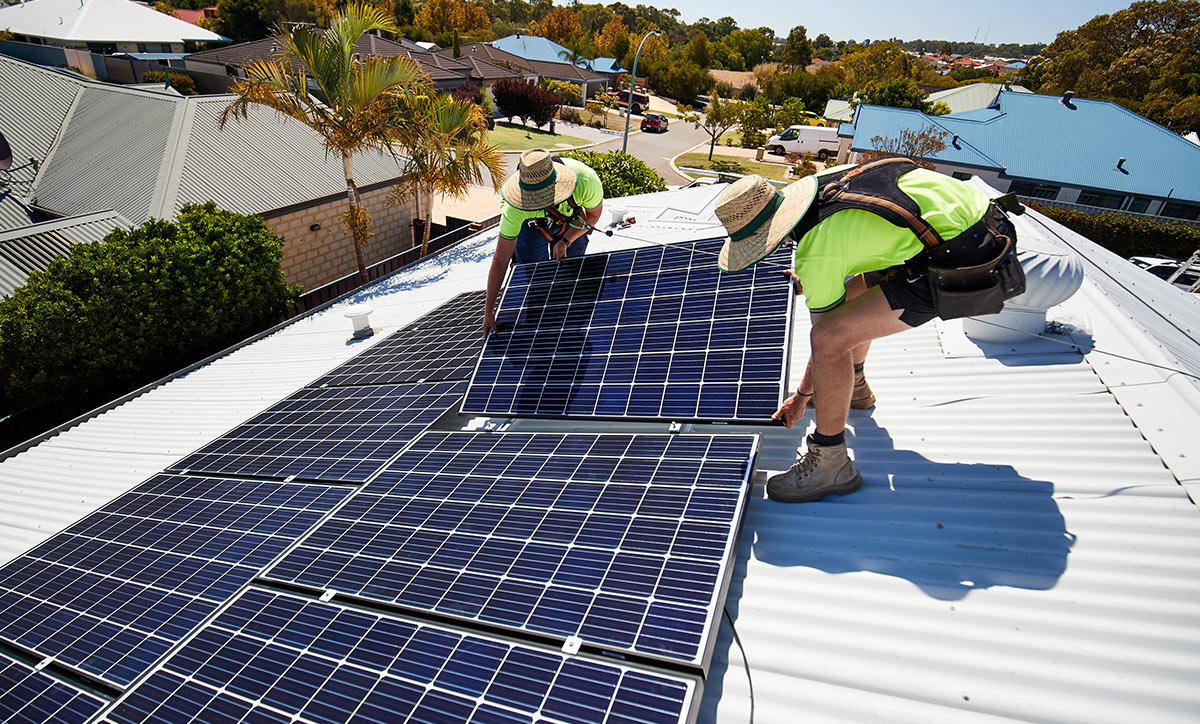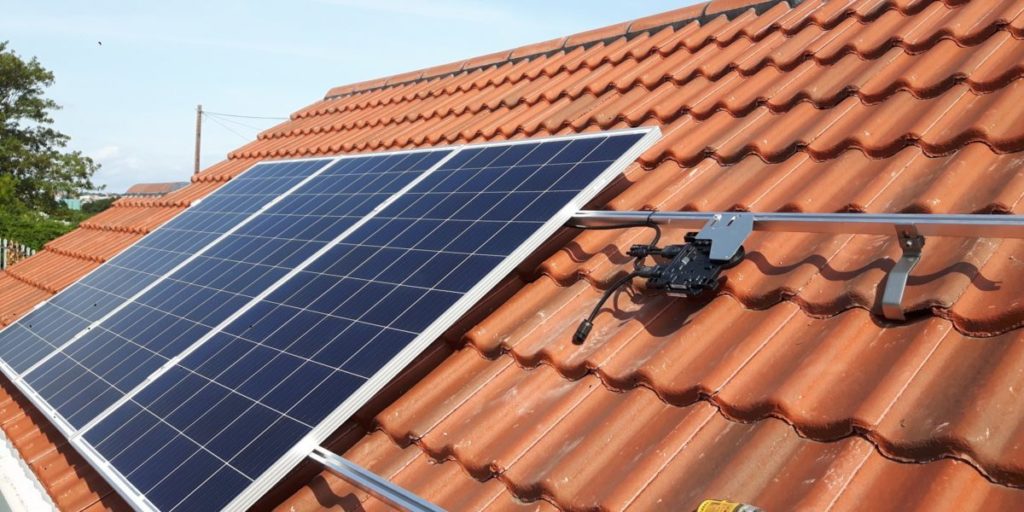https://www.pv-magazine-australia.com/2022/08/31/wollongong-university-green-hydrogen-breakthrough-team-awarded-grant-for-cell-extracting-hydrogen-in-methane/
Wollongong university green hydrogen breakthrough team awarded grant for cell extracting hydrogen in methane

Professor Gerry Swiegers (rught) with Hysata CEO Paul Barrett (left) with one of the capillary-fed electrolysis cells
Image: Hysata
The University of Wollongong on the New South Wales south coast has been granted $1.2 million from the Australian Research Council for three projects – one of which is further developing high efficiency electrochemical cells for green hydrogen.
The project is being led by Professor Gerhard Swiegers, the same professor behind the discovery that green hydrogen could be produced up to 20% more efficiently using capillary-fed electrolysis. That technology is currently being commercialised by startup Hysata, also based in Wollongong, for which Professor Swiegers is the Chief Technical Officer.

Hysata
Hysata is also involved in the university’s grant funded project which Professor Sweigers says will study the capillary-fed electrochemical cell architecture in the facilitation of various electro-energy and electro-synthetic transformations.
“The new cell architecture will be examined as a hydrogen-oxygen fuel cell and as a cell for extracting pure hydrogen from a 5% to 10% mixture of hydrogen in methane,” he said.
“The work seeks to improve upon the electrochemical performance of the best commercial and academic cells of such types.”
“In increasing the efficiency with which renewable electricity can be converted into renewable hydrogen and back, this project will support the national priority of net-zero carbon emissions by 2050.”
It is not clear exactly how much of the total $1.2 million grant will go specifically to this project, with the other two funded projects in the fields of creative arts and mining sciences.
This content is protected by copyright and may not be reused. If you want to cooperate with us and would like to reuse some of our content, please contact: editors@pv-magazine.com.
<




